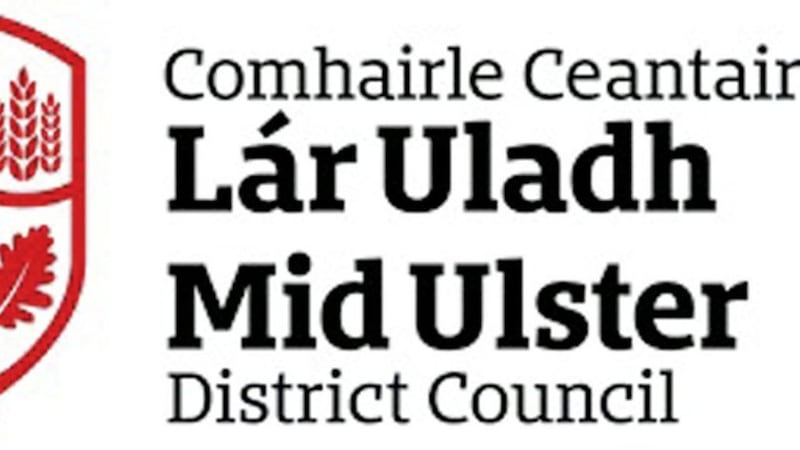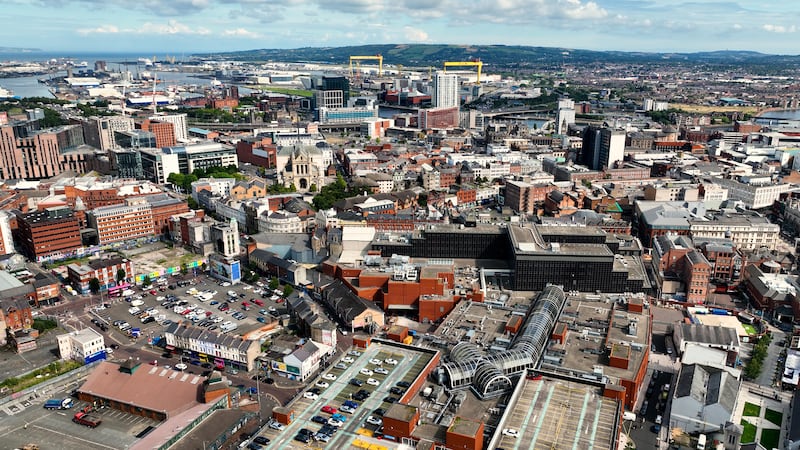MID-Ulster Council has won a landmark VAT case which could see local authorities across the north receive refunds of up to £70 million.
More than a decade after beginning its challenge against HM Revenue & Customs, a tribunal in London has ruled that VAT paid since 2006 by members of the public for access to sports, recreation and leisure facilities provided by councils was outside the scope of the VAT regime.
It is thought the rebate for Mid-Ulster Council alone will be around £3 million.
But the ruling will result in a multi-million pound payback for all 11 councils across Northern Ireland.
And while the final amount of the VAT repayment is still to be agreed, provisional estimates suggest HMRC will be repaying between £50m and £70m to the local councils.
Mid-Ulster council chairman Cathal Mallaghan has described the ruling as a ‘mammoth victory’, adding: “Each and every council here, and their ratepayers, will benefit substantially.
“Given the significant financial pressures which we all face as a result of the pandemic, the timing could not be any better.
“And while our sector gains as a whole, this case would not even have been taken, let alone succeeded, without the council's finance director JJ Tohill, whose expertise, hard work and dogged determination over a sustained period, together with a brilliant legal team, has brought us all to this landmark win.”
The legal case was led by barristers Melanie Hall QC and Harry Gillow, supported by DLA Piper UK’s London VAT team.
The tribunal agreed with Mid-Ulster Council that supplies of leisure and recreational services to members of the public were provided by the council in its role as a public authority acting under a special legal regime, within the meaning of the EU Principal VAT Directive .
The council was then able to demonstrate there was no significant distortion with the private sector, as they could not possibly provide the same level and scope of services, to provide community equality, enhance community integration, and reduce social deprivation, without financial viability being primary.
That meant no VAT should ever have been charged on the services.
It is thought the case could have wider implications for the circumstances in which local authorities may be able to reclaim wrongly paid VAT: when they are obliged by local authority law to provide goods and services in the capacity of a public authority and when those services do not lead to significant distortions of competition with the private sector.
A spokesperson for HMRC said it was "considering the judgment carefully".








